Ethnological Museum
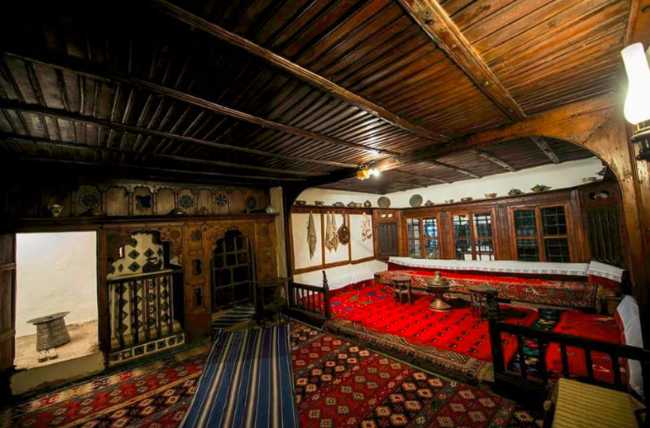
The Ethnological Museum in Pristina offers a vivid portrayal of traditional life in Kosovo from the Ottoman period through the 20th century. Located in the historic Emin Gjiku Complex—an 18th-century architectural ensemble once owned by the Gjinolli family—the museum opened its permanent exhibition in 2002 following extensive restoration. Its displays span two main buildings and feature traditional clothing, household tools, weapons, and handcrafted items that reflect the daily lives, customs, and social structures of past generations. Each room is arranged to evoke the atmosphere of a typical Kosovar home, with original furnishings and decor that immerse visitors in the rhythms of family life, hospitality, and craftsmanship. The museum also highlights the role of women, rites of passage, and seasonal traditions, offering a nuanced understanding of Kosovo’s cultural heritage. As one of the last remaining Ottoman-era sites in Pristina’s Old Bazaar, the museum stands as both a historical monument and a centre for cultural education and preservation.
Pristina KosovoThe Ethnological Museum in Pristina, also known as the Ethnological Treasure of Kosovo or Muzeu Etnologjik, is situated within the Emin Gjiku Complex, a beautifully restored 18th-century Ottoman-era monument in the heart of Pristina. The complex is located near the old bazaar area, not far from Mother Teresa Square and easily accessible from the city center. The museum showcases traditional clothing, tools, furniture, and artifacts that illustrate daily life in Kosovo from the Ottoman period through the 20th century, highlighting the region’s diverse cultural heritage. The Emin Gjiku Complex itself is a cultural landmark, with its peaceful garden offering a tranquil retreat. Nearby, visitors can explore the bustling central market (bazaar), the National Museum of Kosovo, and the lively city center with its cafés, shops, and historic streets, making the museum an essential stop for those interested in Kosovo’s history and traditions.
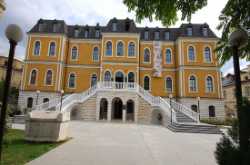 Kosovo Museum
Pristina
Kosovo Museum
Pristina
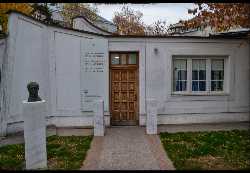 House of Independence Museum
Pristina
House of Independence Museum
Pristina
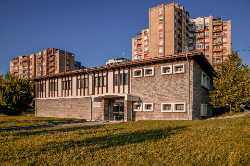 National Gallery of Kosovo
Pristina
National Gallery of Kosovo
Pristina
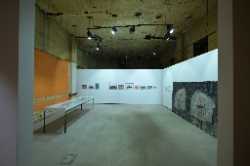 Center for Contemporary Art Prishtina
Pristina
Center for Contemporary Art Prishtina
Pristina
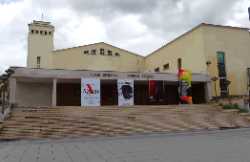 National Theatre of Kosovo
Pristina
National Theatre of Kosovo
Pristina
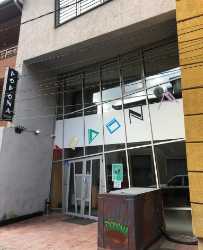 Dodona Theatre
Pristina
Dodona Theatre
Pristina
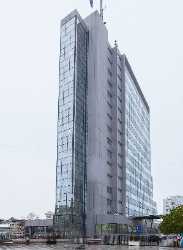 Government Buildings and Presidential Offices
Pristina
Government Buildings and Presidential Offices
Pristina
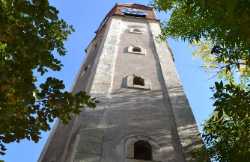 Sahat Kulla
Pristina
Sahat Kulla
Pristina
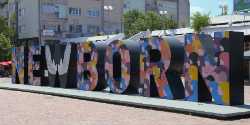 Newborn Monument
Pristina
Newborn Monument
Pristina
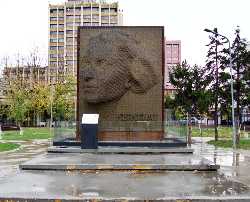 Heroinat Memorial
Pristina
Heroinat Memorial
Pristina
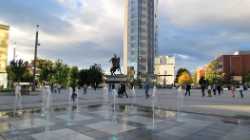 Mother Teresa Statue & Boulevard
Pristina
Mother Teresa Statue & Boulevard
Pristina
 Germia Park
Pristina
Germia Park
Pristina
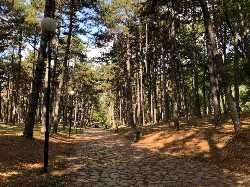 Parku i Qytetit
Pristina
Parku i Qytetit
Pristina
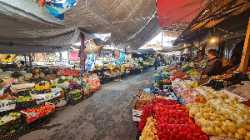 Old Green Market
Pristina
Old Green Market
Pristina
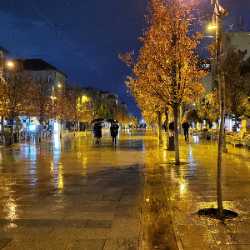 Mother Teresa Boulevard
Pristina
Mother Teresa Boulevard
Pristina
 Imperial Mosque
Pristina
Imperial Mosque
Pristina
 Cathedral of Saint Mother Teresa
Pristina
Cathedral of Saint Mother Teresa
Pristina
 National Library of Kosovo
Pristina
National Library of Kosovo
Pristina
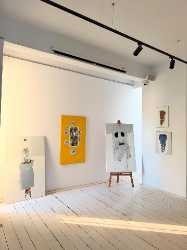 Galeria Qahili
Pristina
Galeria Qahili
Pristina
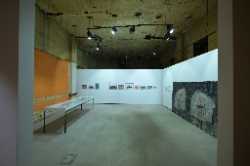 Stacion
Pristina
Stacion
Pristina
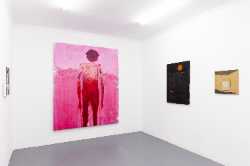 LambdaLambdaLambda
Pristina
LambdaLambdaLambda
Pristina